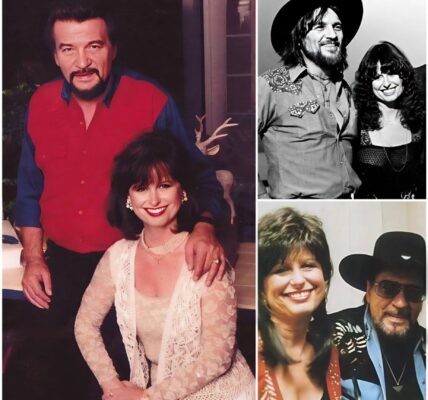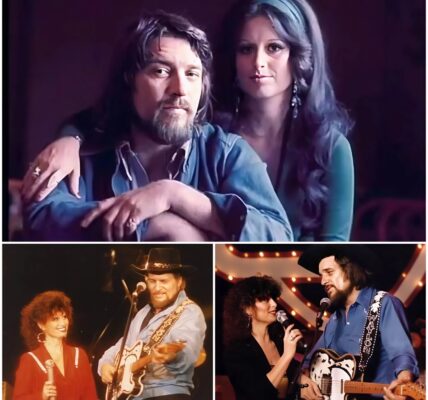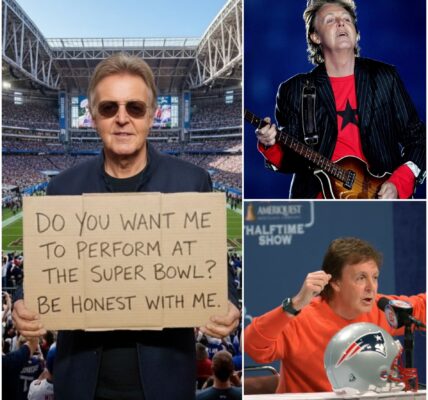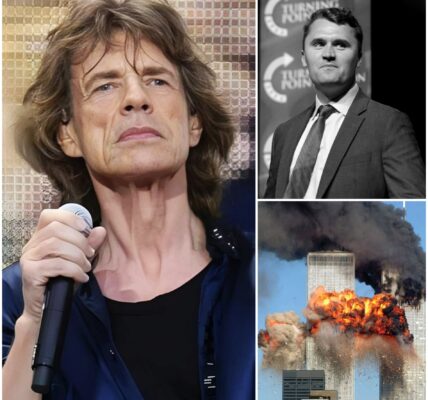The Highwaymen: Four Voices, One American Spirit
Country music has always been more than a genre; it is the heartbeat of a nation, a mirror reflecting the dreams, struggles, and resilience of everyday people. And few groups have captured that spirit as vividly as The Highwaymen. Comprising Willie Nelson, Waylon Jennings, Johnny Cash, and Kris Kristofferson, this supergroup did not just perform songs — they carried an entire ethos, a philosophy of life and music, on their shoulders.
The story of The Highwaymen is a story of friendship, artistry, and rebellion. Each member brought a distinct voice, a unique life experience, and a perspective honed by years of struggle and triumph. Willie Nelson, with his easygoing charm and instantly recognizable voice, had the rare ability to make every listener feel as though he was singing just for them. His melodies were gentle, but the truth behind them was deep and unyielding. Waylon Jennings contributed raw grit and defiance. With his rebellious nature and outlaw image, he challenged the Nashville system, bringing authenticity and edge to every note he played. Johnny Cash’s gravitas was unparalleled; his voice carried the weight of the world, telling stories of sin and redemption, of love and loss, of life lived boldly and unapologetically. Kris Kristofferson, the poet, infused every lyric with literary depth and emotional nuance, reminding audiences that country music could be both earthy and philosophical.

When these four men came together, something extraordinary happened. Their individual brilliance fused into a collective force that was greater than the sum of its parts. The Highwaymen weren’t merely a “supergroup” in the conventional sense; they were a covenant, a bond rooted in mutual respect, shared experiences, and a deep understanding of what it meant to be true to oneself and to one’s art.
The Highwaymen’s music was, in many ways, a reflection of their lives. Songs like “Highwayman” told stories of reincarnation and resilience, of living multiple lives and witnessing history from different perspectives. It became a metaphor for their own journeys — men who had lived through addiction, heartbreak, triumph, and loss, yet remained steadfast in their commitment to music and to one another. Each lyric resonated with authenticity because it was drawn from lived experience. Every harmony was a testament to friendship and mutual admiration.
Beyond the stage, The Highwaymen embodied a certain ideal of brotherhood. They were bound not by fame or commercial success, but by loyalty and a shared understanding of life’s trials. The image of them together — smiling, weathered faces lit by the soft glow of stage lights, younger selves hovering like ghosts of memory — captures this essence perfectly. They were friends who had seen each other through the highs and lows of life, who had shared whiskey, cigarettes, late-night jam sessions, and long drives down dusty highways. They laughed together, mourned together, and celebrated together.
Their influence on country music cannot be overstated. At a time when the genre was often polished and constrained by commercial demands, The Highwaymen reminded the world of the raw, unvarnished power of storytelling through song. They brought the outlaw spirit to the forefront, challenging conventions while remaining deeply connected to the heart of country music. They proved that music could be both rebellious and profoundly human, both entertaining and meaningful.
What made The Highwaymen special was not just their individual talent, but their chemistry. Willie’s soft, conversational delivery contrasted beautifully with Cash’s deep, commanding voice. Waylon’s rugged tones added tension and texture, while Kris’s lyrical phrasing brought a sense of poetry and introspection. Together, their voices created something timeless — a musical dialogue that felt like four old friends speaking truths too big for any one voice to contain.

Audiences felt this authenticity immediately. When The Highwaymen performed live, it wasn’t just a concert — it was an experience, a communion between artists and listeners. The energy was palpable, the stories compelling, and the music unforgettable. Fans didn’t just hear the songs; they felt them. Each chord struck was a prayer, each lyric a confession, each harmony a promise that music could still speak for the common man.
Even as fame and age caught up with them, The Highwaymen remained grounded. They toured and recorded with humility, never losing sight of why they began making music in the first place: for the love of the song, the love of performing, and the love of the audience. Their legacy is not just in albums sold or awards won, but in the countless lives they touched — people who found solace, joy, or inspiration in their music.
The Highwaymen also left a profound mark on the idea of collaboration in country music. They showed that bringing together established solo artists could create something magical, something that amplified their individual voices while creating a new collective sound. They inspired future generations of musicians to experiment, to take risks, and to value camaraderie and respect as much as talent.
Photographs of The Highwaymen capture more than faces; they capture a spirit. Willie, Waylon, Johnny, and Kris together evoke a hymn of legacy. There is a timeless quality in seeing them side by side, bound by brotherhood rather than fame, their expressions reflecting decades of shared experience. Above them, their younger selves seem to linger, a quiet reminder that songs outlive the singers, and truth outlives time. These images tell a story of men who were honest, defiant, tender, and unafraid — men who redefined what it meant to be country.
The Highwaymen were also human. Behind the public image of outlaws and icons were men who struggled, loved, failed, and persevered. Their music reflects that humanity, reminding listeners that imperfection is part of authenticity. Their songs offer comfort to those who have lived through hardship, joy to those celebrating life’s victories, and companionship to anyone who has felt alone on life’s highway.
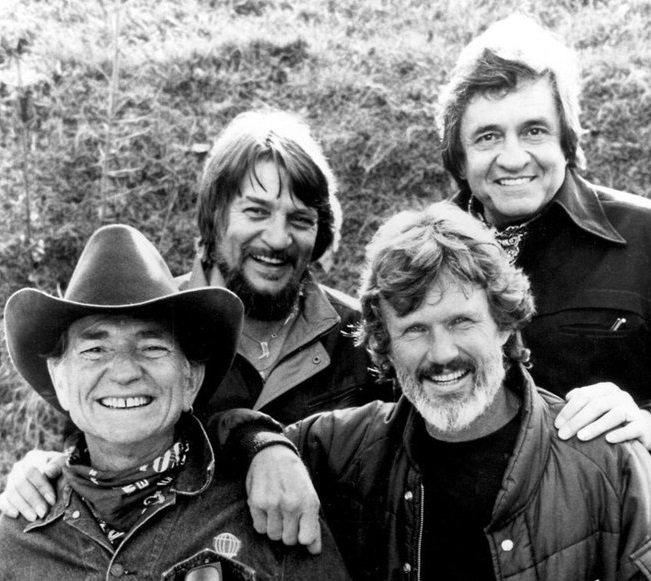
In the end, The Highwaymen’s greatest achievement may not be a single song or album, but the enduring message of their music: that connection matters, that truth matters, and that the bonds forged in art and friendship can echo across generations. They weren’t just four voices singing together; they were a covenant, proof that when artists come together with honesty, heart, and purpose, the echo carries forever.
Even decades after their first performances as a group, The Highwaymen remain a touchstone in American culture. Their songs are still sung, their stories still told, and their influence still felt in the work of countless artists who follow in their footsteps. They remind us that music is more than entertainment — it is history, memory, and a reflection of our shared humanity.
Willie Nelson’s easy charm, Waylon Jennings’ grit, Johnny Cash’s gravitas, and Kris Kristofferson’s poetic heart — together, they created something immortal. They were four men who carried not just country music, but an entire spirit of America on their shoulders. The Highwaymen showed that when four voices unite in truth, their echo doesn’t fade; it resonates, inspiring generations long after the stage goes dark.
Their story is a testament to friendship, courage, and artistry. It is a reminder that music can heal, unite, and transcend time. And it is a celebration of four extraordinary men who, together, redefined country music forever.
:max_bytes(150000):strip_icc():focal(999x0:1001x2)/the-highwaymen-093024-8-075b9529202046ceb5b036e3cce60962.jpg)
In the end, The Highwaymen were more than a supergroup. They were an idea, a feeling, a living proof that music, loyalty, and brotherhood can endure — and that when voices meet in sincerity, their harmony becomes eternal.

